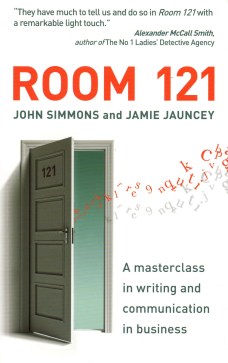I’m most grateful to all the people who have been in touch following the last two posts about my grandfather’s experiences on the Arctic Convoys.
Coincidentally, as my cousin pointed out in his comment two weeks ago, my maternal grandfather also served on these convoys, as captain of the cruiser HMS Kent, though fortunately not on the ill-fated convoy PQ17. So I have a double dose of the Arctic in my bloodstream, although in the circumstances I doubt it’s that that accounts for the pull I’ve always felt towards northern latitudes.
That aside, the point is that most of us have memories of relatives who served in World War II. Indeed some of those relatives are still living, though increasingly few of them. But while we may know or have known them as civilians, perhaps even very well, we – the lucky ones who have never had to fight – cannot imagine what they endured, either in action or in the usually unvoiced epsiodes of what we now describe as post-traumatic stress disorder, or worse, that followed.
That doesn’t stop us trying though, and it’s that imagining which arouses the compassion that seems to have been the unifying sentiment in people’s responses over the last couple of weeks. Here is one example: ‘I had a great uncle, the kindest man I’ve ever known, who suffered enormously after the war as he was unable to talk about his experiences, dying far too young. He was one of thirteen young men to leave his village and the only one who returned.’
It’s very likely that that young man came home in a state of emotional and mental anguish that no one around him would have understood, had he even been able to unburden himself. Yet more than 70 years later, just this week in fact, we hear MOD research concluding that there is no higher probability of mental illness among members of the armed forces than anywhere else. All I can say to that is: well, it would, wouldn’t it.
Compassion, and the empathy that goes hand in hand with it, was one of the themes of our The Stories We Tell workshop, last weekend. The emphasis particularly was on self-compassion as a response to the inner critic that can bedevil spontaneity and creativity for so many of us; and to the self-compassion deficit that afflicts even the most empathetic among us. So we invited people to write letters to themselves from their compassionate selves. The results were moving and beautiful.
We are lucky, not only not to have had to fight, but to live in an age when conversations about such things are possible. How that young soldier, alone among his uncomprehending relatives and neighbours, might have benefited from all that we now know, we can only guess. But we can at least make sure that we cultivate empathy, compassion and self-compassion as the values on which our future as human beings depend.
Stephen Hawking recently spoke of empathy as being the human quality he would most like to ‘magnify’, in contrast to the aggression which, he warned, threatens to destroy us. George Monbiot, writing in the Guardian on how we have lost ‘our attachments, our communities and our sense of meaning and purpose’ refers to what he calls the Empathy Revolution championed by the author Roman Krznaric in his book of the same title.
I haven’t read Krznaric’s book, but I already know that I want to be part of his revolution. Can any of us afford not to be?






It was only after he had died that I discovered that my lovely uncle and godfather had pioneered research into PTSD in the British Army after his experience of the Normandy landings in 1944. His obituary in the Telegraph says it all http://www.telegraph.co.uk/news/obituaries/1484409/Brigadier-Desmond-Murphy.html
LikeLike
He sounds wonderful, Paul – and what a trail-blazing career to have had!
LikeLike
also see Center for Building a Culture of Empathy http://cultureofempathy.com/
LikeLike